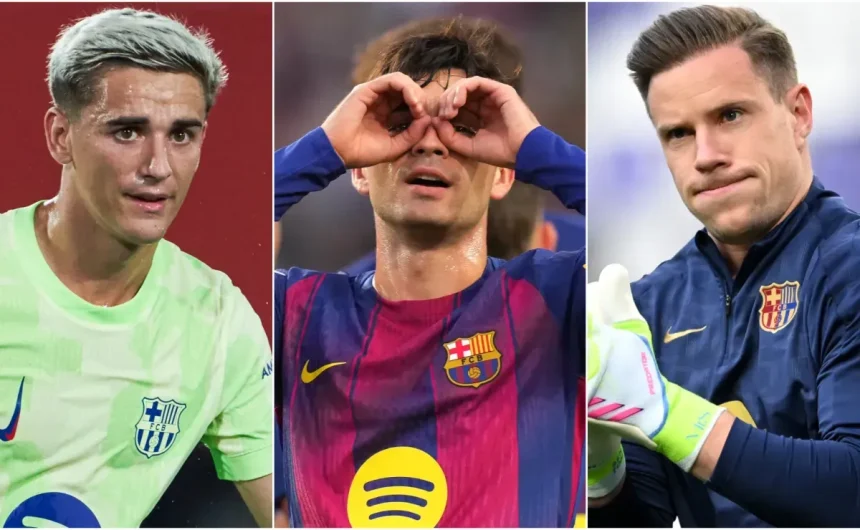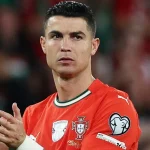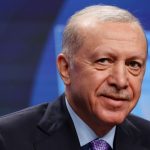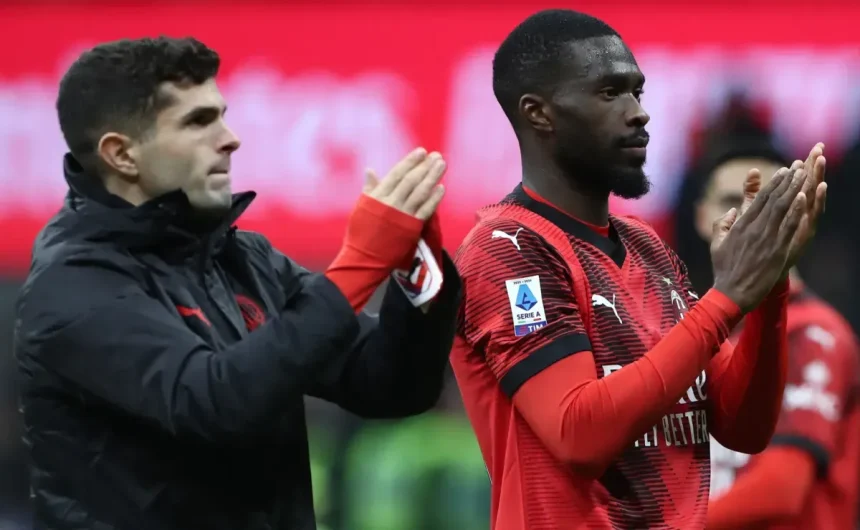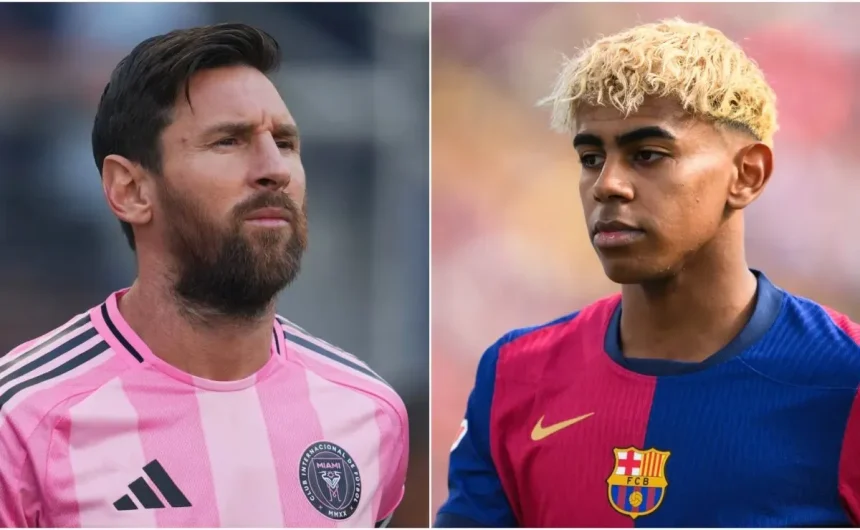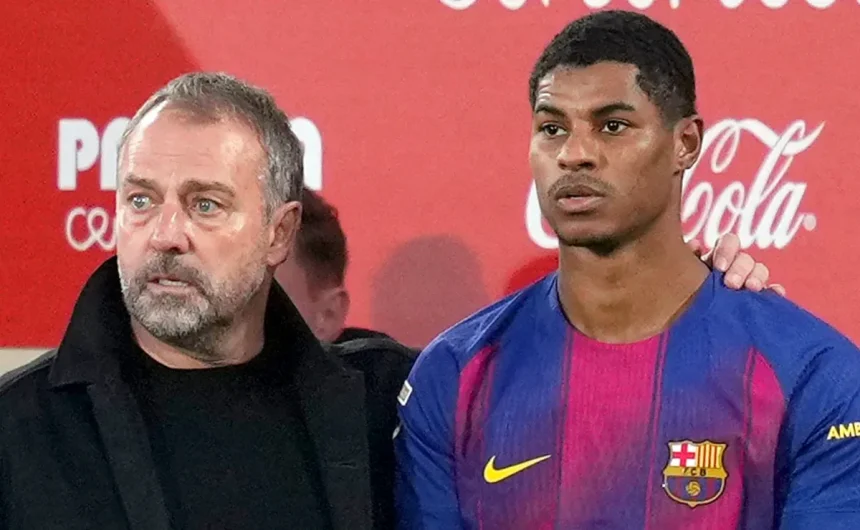The UEFA Champions League rarely grants space for mysteries. Still, this week, Barcelona arrives at Stamford Bridge carrying one: Why won’t Gavi, Pedri, and Marc-Andre ter Stegen play against Chelsea? The Catalan team enters the clash level on seven points with the Premier League side, yet minus three fundamental pillars. With both clubs locked in an early-season battle for momentum, their absence has become the most whispered storyline of the matchday.
The Barcelona–Chelsea rivalry has always been an exercise in contrast. One club builds from within; the other buys for tomorrow. One side believes in continuity; the other, in controlled chaos. Yet for all their philosophical differences, this Champions League meeting arrives with both needing points—not just for qualification, but for validation.
Barcelona, shaped by La Masia graduates who define its identity, steps into the spotlight, missing three of its most influential players. Chelsea, rebuilt through a billion-euro recruitment drive, faces the Blaugrana at a moment when its young squad is beginning to resemble a functioning machine under Enzo Maresca.
The club’s faith in La Masia is romantic, historic, and—now more than ever—practical. The club’s identity is intertwined with its academy, a conveyor belt that produced Lionel Messi, Xavi, Andres Iniesta, Sergio Busquets, and countless others. Even now, young talents like Lamine Yamal, Pau Cubarsi, Fermin Lopez, and Alejandro Balde form the backbone of Hansi Flick’s squad.
But La Masia does not only supply identity—it supplies necessity. Years of financial strain have forced Barcelona to lean heavily on academy players not just for philosophy, but for survival. The squad is competitive again, but stretched. And that fragility is now on full display.
Why Gavi, Pedri, and Ter Stegen are missing
The mystery that hovered over the matchweek finally meets daylight: Their absence is due to injuries. Pedri continues to recover from a muscle problem, despite some physiotherapists believing he could play. The club’s doctors, however, disagreed. As Cadena SER reported, they recommended delaying his comeback, prompting Flick to leave him out—though he will travel to London to support the group. “The midfielder will only feature once he is completely recovered,” reported Sport in its update.
Gavi, meanwhile, is facing an even harsher reality. His knee injury is severe, requiring arthroscopic surgery. In September, Barcelona confirmed an expected absence of four to five months. The young midfielder addressed the fans directly after receiving the news: “Those who know me know that I will return whenever necessary to defend Barça and my loved ones until the end,” he wrote. “A true champion is not made in moments of success, but when he rises after falling.”
On the other hand, Marc-Andre ter Stegen, recovering from back surgery, remains unavailable as well. Joan Garcia continues to deputize, with Wojciech Szczesny also part of the rotation as the German completes his rehabilitation.
The Spanish midfield duo is not merely a pair of players; they are the heartbeat of the team’s positional play. Ter Stegen is the fulcrum of Barcelona’s build-up structure. Removing all three at once is a seismic shift—one that forces Flick to rely on young Gavi successors like Marc Casado or to reposition defenders such as Eric Garcia into midfield roles.

